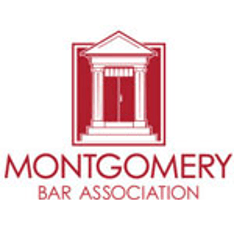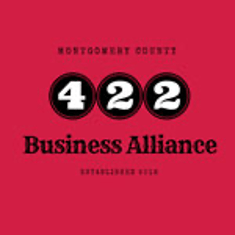State Corporate Codes
Each state has a set of laws that set forth the definitions, duties, and requirements of how business owners or shareholders must operate and manage the establishment, be it a corporation, limited liability company (“LLC”) or other commercial entity or association. The laws cover everything involving the business, including its name, registered agents, mergers, registrations, and much more. Often, these laws or regulations are “defaults” where no one properly drafted documents, such as bylaws, shareholder agreements, or LLC operating agreements. Some are mandatory provisions.
The state in which the individuals who created a corporation and filed the proper documents, regardless of structure, is the governing or home state. That state might have been the corporation’s primary location, where it conducts business, or the state could have offered tax and liability advantages. Non-formation states are “foreign” states.
Now and then, state legislatures amend state codes. Such allows policy updates without having to replace the laws.
Recent Updates to Pennsylvania Title 15
On November 3, 2022, Governor Tom Wolf signed Act 122 of 2022 (the “Act.”) into law, which updated
Title 15 of the Pennsylvania Consolidated Statutes -- Corporations and Unincorporated Associations.
The Act revisions focused on the following areas:
- New State Department Filing Requirements: currently, Pennsylvania relies on a ten-year (decennial) filing requirement to determine whether a business entity is still active. This led to confusion about whether businesses still existed, potential fraud, and other misunderstandings. The Act restructures the filings to annual reporting (like most other states require) requirement, beginning in 2025. Entity type will determine filing deadlines.
The annual filing fee is $7.00, which the state will waive for nonprofit corporations and not-for-profit Limited Partnerships or LLCs.
Most importantly, a businesses’ failure to file the newly required annual report will subject it to administrative dissolution/termination/cancellation and loss of its protected name. Businesses will want to be sure that their registered address with the Department of State is current so that they receive proper notices.
Entity types that the Act requires new annual reporting:
o Domestic Business Corporations
o Domestic Nonprofit Corporations
o Domestic Limited Liability (General) Partnerships
o Domestic Electing Partnerships that are Not Limited Partnerships
o Domestic Limited Partnerships (Including Limited Liability Limited Partnerships)
o Domestic Limited Liability Companies
o Domestic Professional Associations
o Domestic Business Trusts
o All Registered Foreign Associations
The new annual reports require the following information:
o Business name
o Formation jurisdiction
o Registered office address
o Name of at least one governor (director, member, partner, etc. depending on type of association)
o Principal officers’ names and titles (if any)
o Principal office address
o Pennsylvania Department of State entity number
- Delaware’s Corporate Law and the Model Business Corporation Act Inspired the Act’s Additional Modernizations:
Delaware’s sophisticated business statutes and courts generally favor corporate values. The American Bar Association created the Model Business Corporations Act for states to adopt, should they wish. It innovatively address a variety of business topics, including corporate creation, LLCs, corporate management structure, and shareholder’s rights. These progressing sources prompted some of the following updates:
o Ratification procedures: the updated rules specified that:
- the board of directors must approve agreements.
- whenever a corporate statute, document (such as a shareholder’s agreement or incorporation certificate), or other applicable rule requires agreement, shareholder approval is mandatory.
- if a defective corporate action requires any kind of filing, the entity must also file a confirmation filing with the Pennsylvania State Department.
o Abandonment of Business Opportunities: profit and nonprofit corporations may back out of business opportunities and shareholders are no longer required to notify the corporation of potential prospects. Abandonment may be unconditional, restricted, included in the articles of incorporation, or the board of directors may agree.
o Officer Fiduciary Duties; Business Judgment Rule: some of the modified amendments stated that:
- a director’s obligation to investigate possible issues does not go past what the law requires.
- shareholders may limit the officer’s personal liability (with exceptions).
- a director sole duty is to the corporation (not creditors).
o Forum Selection: the articles of incorporation may offer a court resolution site, which must include at least one Pennsylvania state court. It may designate other courts, so long as there are reasonable relationships between the corporation and the other territories.
Stay tuned for future blogs to further clarify, detail, and explain the amendments.
The Fleischmann Law Firm, P.C.
The Fleischmann Law Firm specializes in business law and can guide your corporation through these important, time-sensitive changes. Its attorneys partner with you to minimize risk and liability, offer objective and fair assessment, and weigh all circumstances and options. They offer solid recommendations and provide superior representation.
Attorney Craig J. Fleischmann and staff offer over three decades of experience, integrity, cost-effectiveness, value, and integrity. Contact the Fleischmann Law Firm today.







